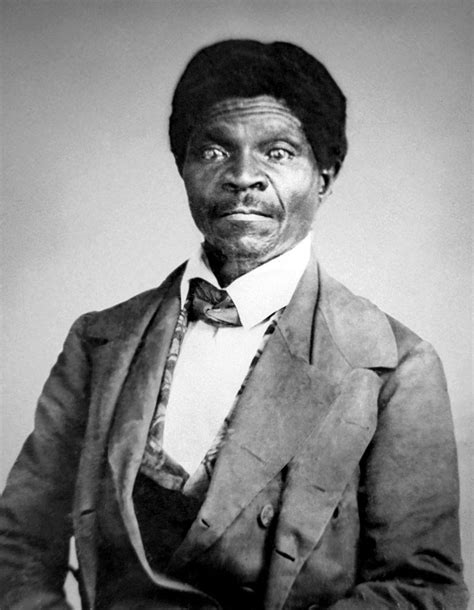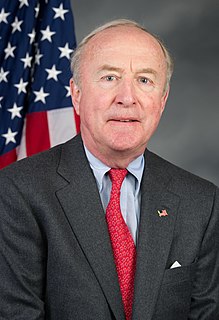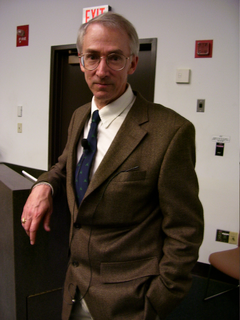A Quote by Scott E. Page
Diverse groups of problem solvers outperformed the groups of the best individuals at solving complex problems. The reason: the diverse groups got stuck less often than the smart individuals, who tended to think similarly.
Related Quotes
Hackman's paradox: Groups have natural advantages: they have more resources than individuals; greater diversity of resources; more flexibility in deploying the resources; many opportunities for collective learning; and, the potential for synergy. Yet studies show that their actual performance often is subpar relative to "nominal" groups (i.e. individuals given the same task but their results are pooled.) The two most common reasons: groups are assigned work that is better done by individuals or are structured in ways that cap their full potential.
I believed in looking at people as individuals, not in groups. I hated groups; still do. And I saw particularly the university, the university artists really acted as a group. The others didn't so much, but the university people took advantage of that and behaved like a group, rather than as individuals. They had a lot of power that way.
It is intended to signify a coordinated plan of different actions aiming at the destruction of essential foundations of the life of national groups, with the aim of annihilating the groups themselves. The objectives of such a plan would be the disintegration of the political and social institutions, of culture, language, national feelings, religion, and the economic existence of national groups, and the destruction of the personal security, liberty, health, dignity, and even the lives of the individuals belonging to such groups.
People are wonderful. I love individuals. I hate groups of people. I hate a group of people with a 'common purpose'. 'Cause pretty soon they have little hats. And armbands. And fight songs. And a list of people they're going to visit at 3am. So, I dislike and despise groups of people but I love individuals. Every person you look at; you can see the universe in their eyes, if you're really looking.
There'd been studies over the years supporting the proposition that groups composed exclusively of women usually made intelligent decisions, that exclusively male groups did a bit less well, and that mixed groups did most poorly of all, by a substantial margin. It appeared that, when women were present, testosterone got the upper hand and men took greater risks than they might otherwise. Correspondingly, women in the mixed group tended to revert to roles, becoming more passive, and going along with whatever misjudgment the males might perpetrate.
One reason that a truth and reconciliation process is needed for group selection is to return to the simplicity of the original problem and Darwin’s solution. As Ed Wilson and I put it in our recent review article titled “Rethinking the Theoretical Foundation of Sociobiology“: Selfishness beats altruism within groups. Altruistic groups beat selfish groups. Everything else is commentary.




































